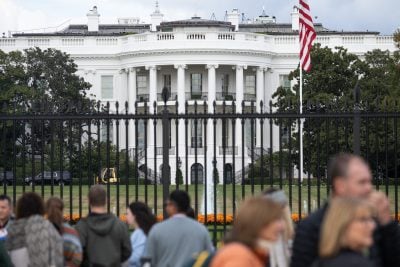The government’s strategy of state-led economic development has resulted in a construction boom, in and around Addis Ababa and to a lesser extent in other major cities. Most visitors to the Ethiopian capital comment on the scale of construction work being undertaken in terms of new buildings, road and other projects.
Much of this work is being managed by Chinese companies, which have been offered funding by Chinese state banks in order to strengthen relations between Beijing and Ethiopia, in a typical example of Beijing’s infrastructure diplomatic strategy.
A series of skyscraper projects have been announced for Addis Ababa over the past two years. The tallest will be Guangdong Chuanhui Group’s proposed Chuanhui International Tower at the Addis Ababa Exhibition Centre, which would have 99 storeys. If developed, it would be easily Africa’s tallest building, ahead of the current record holder, the 50-storey Carlton Centre in Johannesburg. The Chinese company has already bought the 41,000 sq metre site and its building application has been accepted by the national government and city council. A total of 17 floors will be dedicated to the Regency Hotel and a further 53 for office space, while the ground floor will be developed as a shopping centre. The Chinese firm is developing the project through it local offshoot, Sino-Ethiopian Chuanhui Investment Holding Group.
Other developments include the Commercial Bank of Ethiopia’s 52-storey building, which is approaching completion, and a host of office blocks. Chinese companies appear to be banking on continued economic growth and the city’s established position as a diplomatic centre creating an international city in the near future. The United Nations Economic Commission for Africa and the African Union headquarters are already based in the city.
Big rise in cement production
As recently as 2011, the country was forced to import about 15% of its 8m tonnes a year cement demand but a string of new projects are being developed. The government predicts that national production capacity will reach 27m tonnes a year by 2015, as international companies such as Dangote Cement of Nigeria and Lafarge develop new plants.
Dangote is constructing a $400m plant in Oromia Region State with production capacity of 2m tonnes of cement a year. In addition, Derba Midroc Cement, which is owned by the Ethiopian-born Saudi billionaire Sheikh Mohammed Al Amoudi, opened its own plant in 2011 with production capacity of 2.5m tonnes a year.
State-owned companies, including Mugher Cement Enterprise and Messebo Building Materials Production, have already expanded their own operations. The Chemical and Allied Industries Directorate in the Industry Ministry has pledged to set up its own plants if the private sector fails to provide sufficient capacity, but there seems little risk of that at present.
Cement producers appear to have confidence that the step increase in construction will be maintained in the long term. The construction sector has also benefited from the government’s road-building programme. Addis Ababa has spent more than $3.6bn on road projects over the past decade and has promised to commit more than double that amount to new road construction over the next decade.
The government has used the construction sector to promote the national currency, the birr, as contractors on major construction projects are sometimes paid in a combination of hard currency and birr. For instance, contractors working on the Gilgel Gibe III scheme will be paid a total of €1,470m, of which the equivalent of €448m will be paid in birr and €1,022m in euro. It will be interesting to see whether this practice is copied elsewhere in Africa, as it could help to smooth out currency fluctuations for both governments and contractors.
Want to continue reading? Subscribe today.
You've read all your free articles for this month! Subscribe now to enjoy full access to our content.
Digital Monthly
£8.00 / month
Receive full unlimited access to our articles, opinions, podcasts and more.
Digital Yearly
£70.00 / year
Our best value offer - save £26 and gain access to all of our digital content for an entire year!
 Sign in with Google
Sign in with Google 


